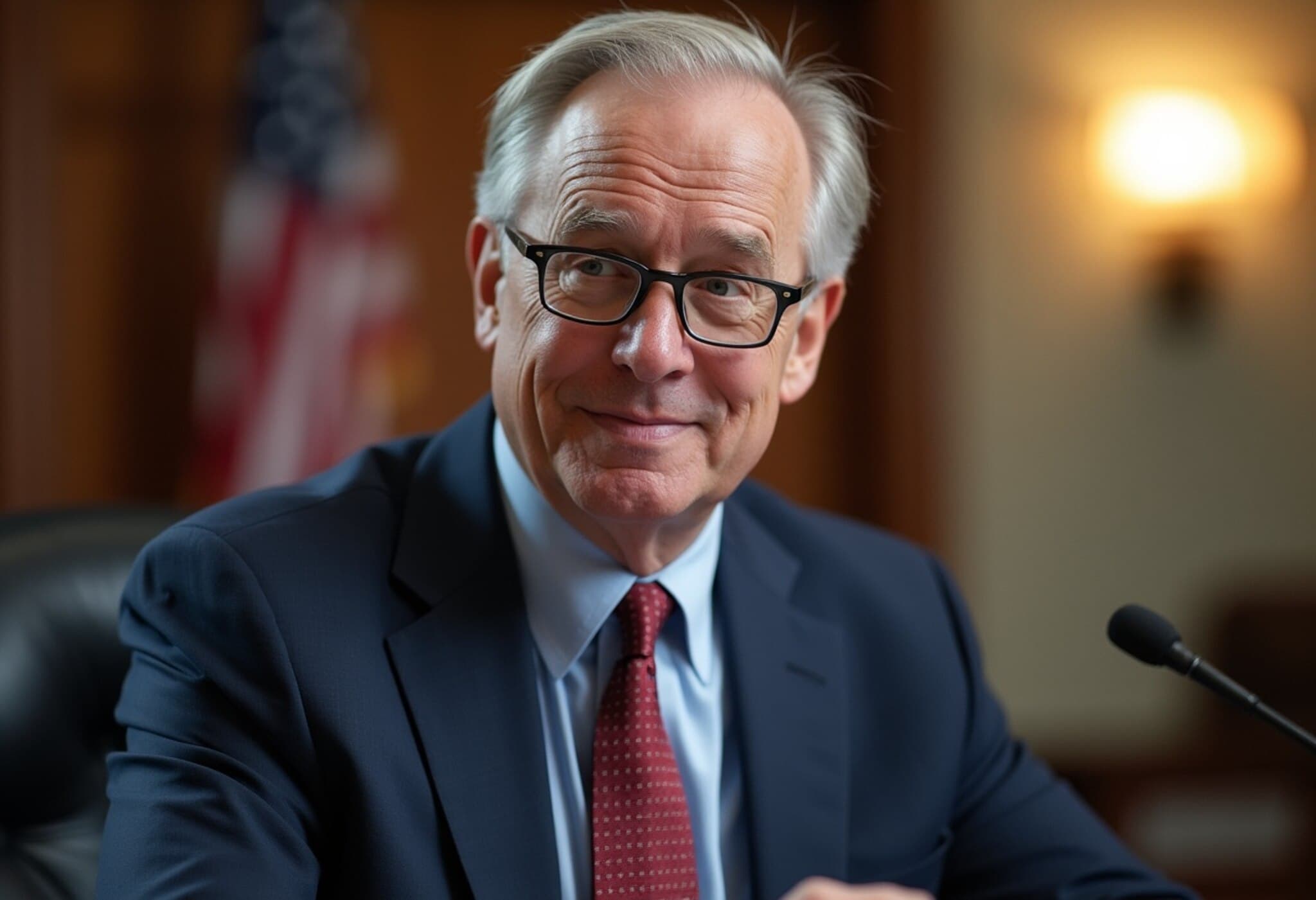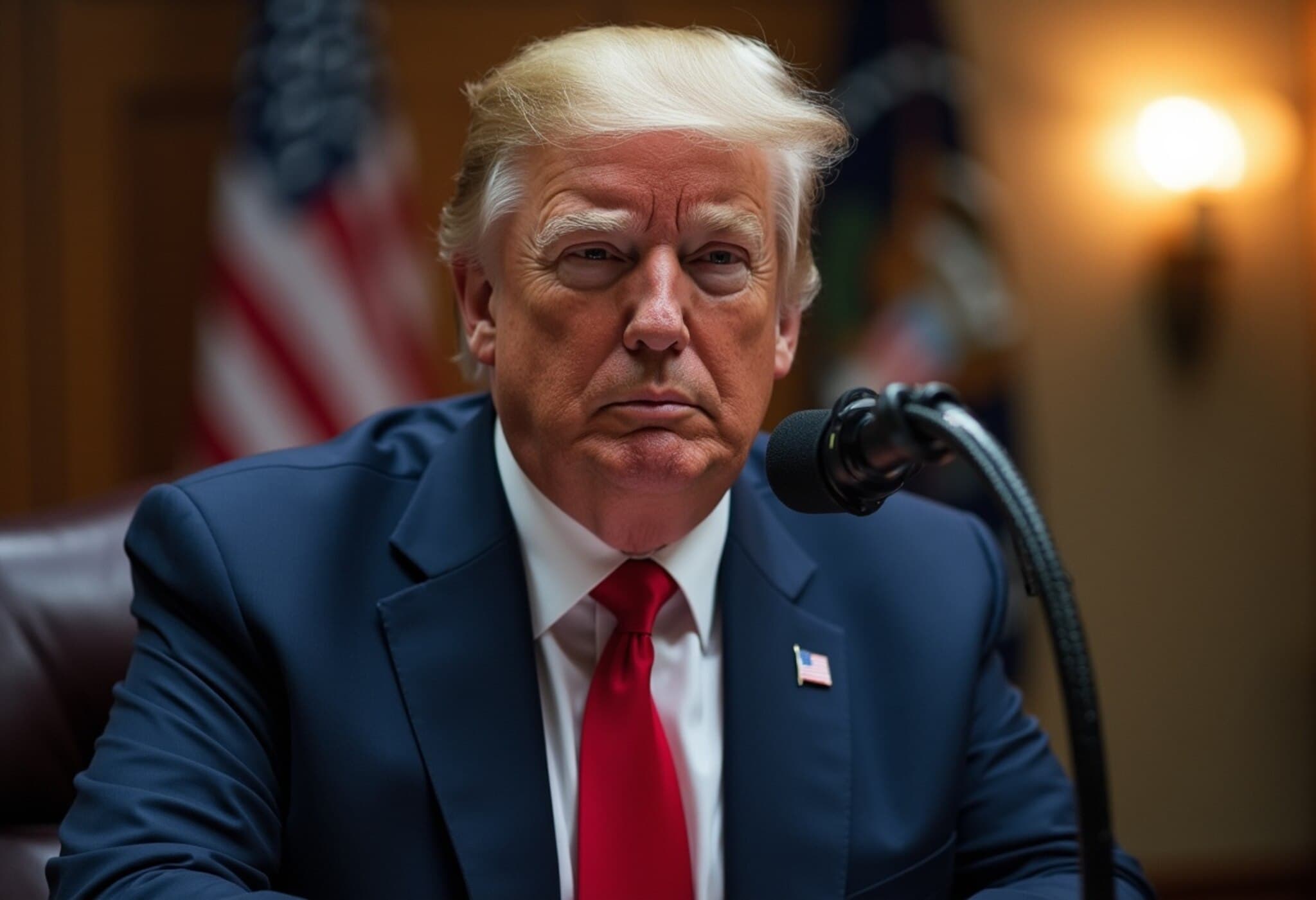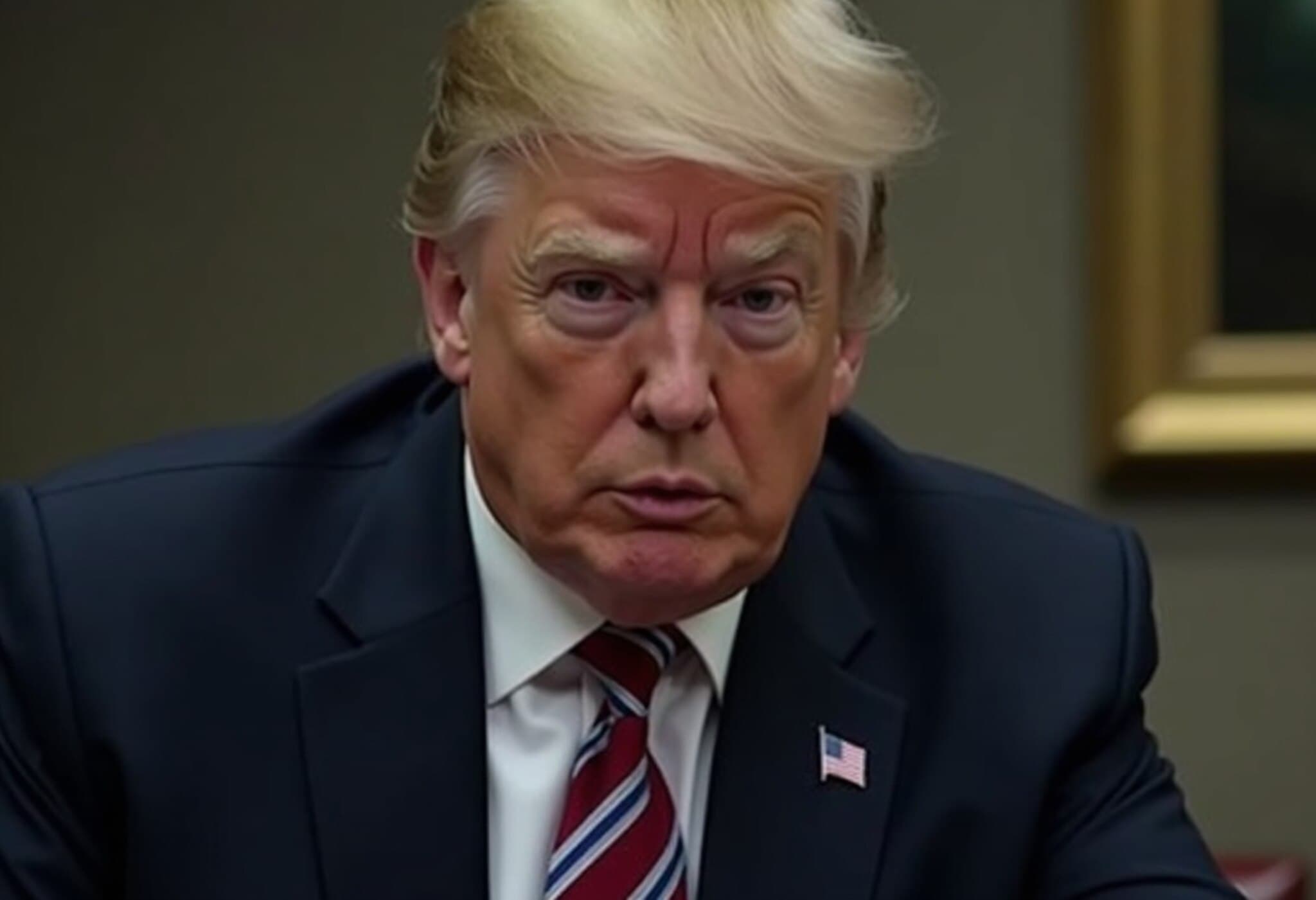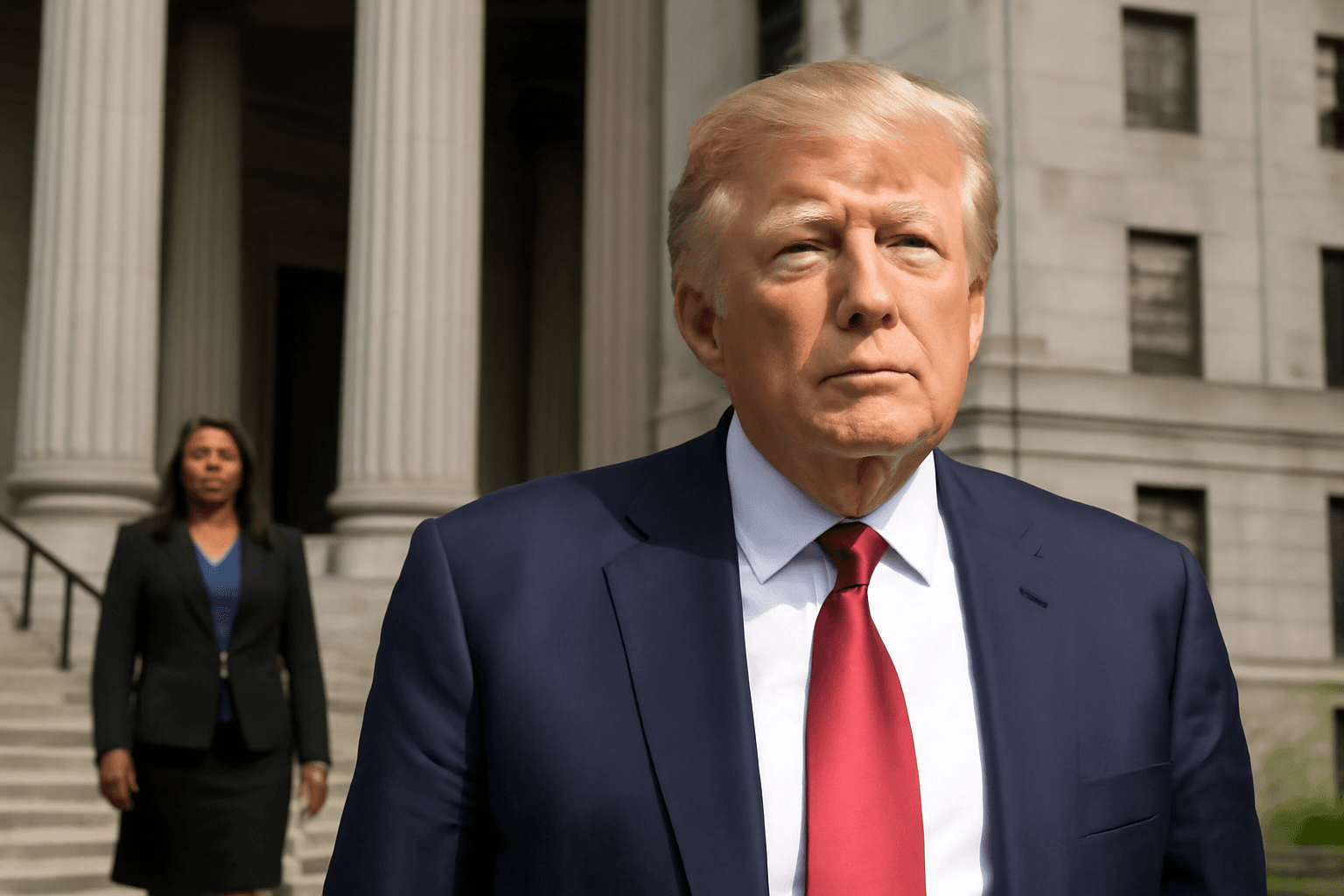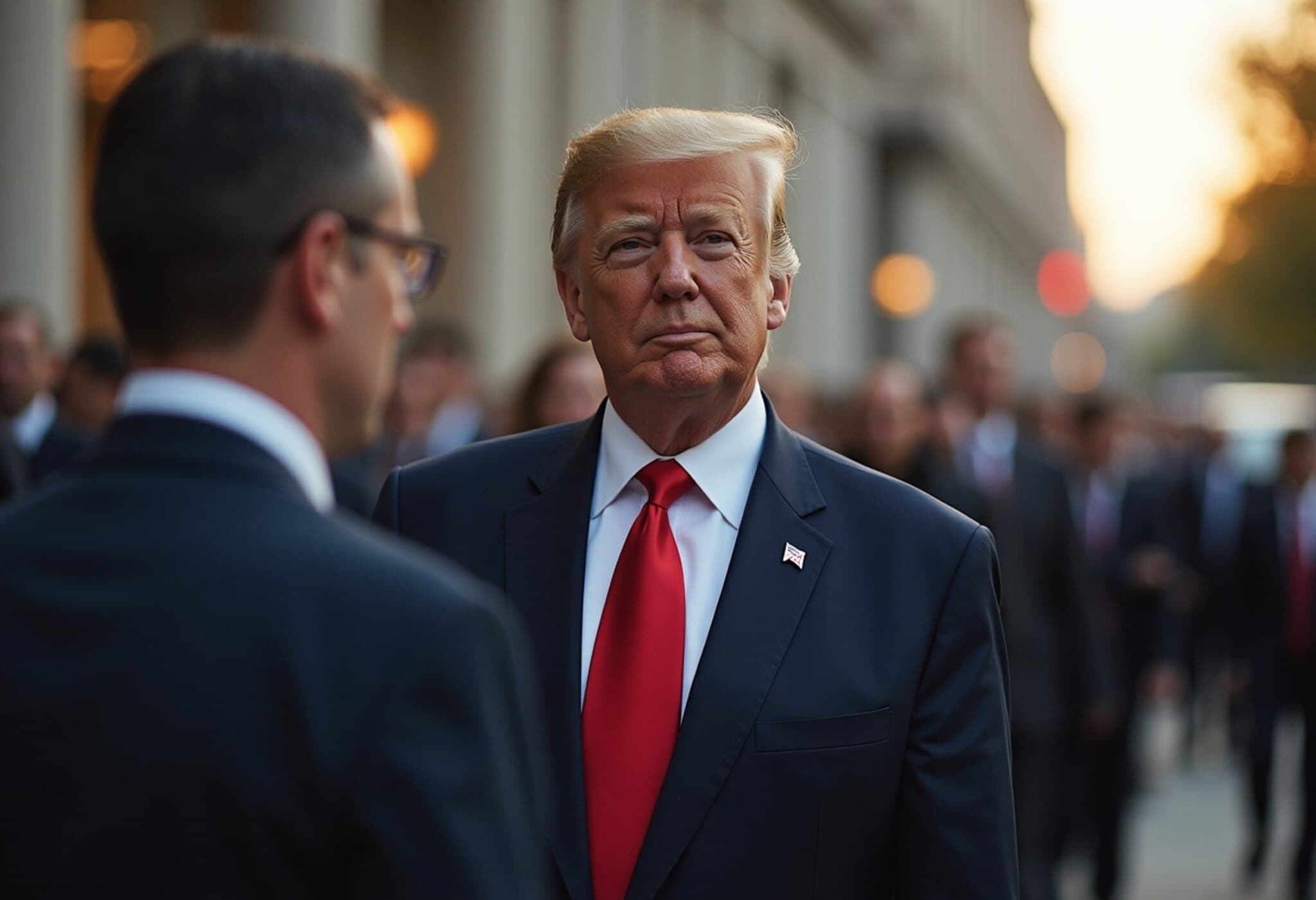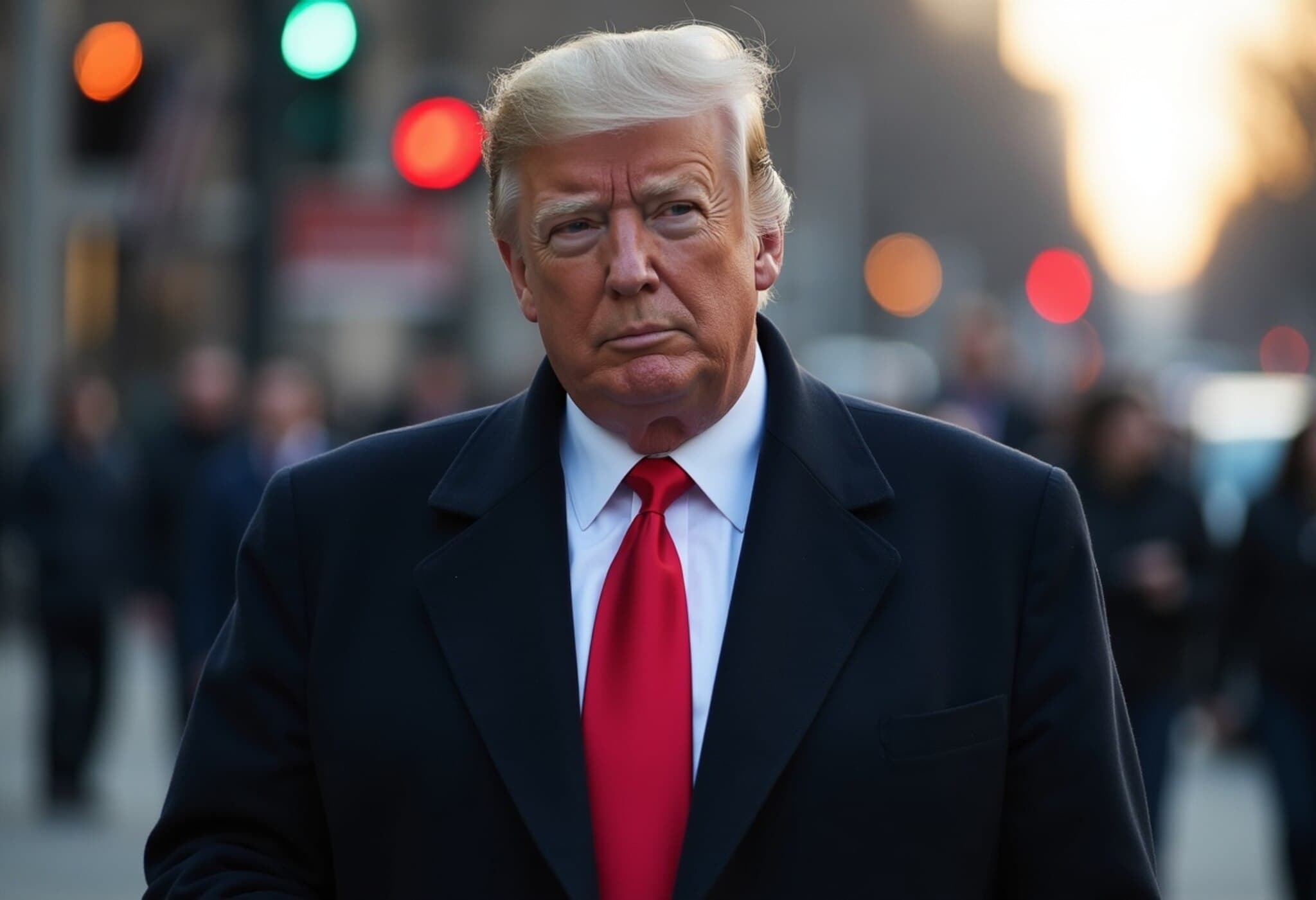US Attorney General Ends Fraud Prosecution in Controversial Covid-19 Vaccine Case
In a surprising move that underscores the deep divisions over Covid-19 vaccinations in the United States, US Attorney General Pam Bondi announced on Saturday the dismissal of a federal fraud case against Dr. Michael Kirk Moore Jr., a Utah-based physician charged with falsifying Covid-19 vaccine records and misusing government-supplied vaccines.
Background of the Case
Dr. Moore, practicing in Salt Lake County, Utah, was indicted in 2023 for allegedly fabricating Covid-19 vaccination certificates and administering saline injections to minors at parental requests to simulate vaccination. The government also accused him of destroying over $28,000 worth of federally provided vaccines. His trial commenced earlier this month, drawing national attention amid polarized views on vaccine mandates and individual choice.
Attorney General Bondi’s Statement and Rationale
Bondi posted a statement on the social media platform X (formerly Twitter), emphasizing that Dr. Moore “did not deserve the years in prison he was facing” and praising him for offering “his patients a choice when the federal government refused to do so.” This stance resonates with a segment of the population skeptical of federal vaccine mandates and perceived government overreach.
Political and Social Context
This case highlights the ongoing tension between public health policy and individual liberties that has plagued the US since the pandemic's onset. Notably, the Trump administration and its affiliates have often sided with vaccine skeptics, advocating for personal choice over mandates. For instance:
- The Pentagon has initiated efforts to reinstate servicemembers discharged for declining Covid vaccines.
- Health Secretary Robert F. Kennedy Jr., a prominent and controversial figure known for campaigning against vaccine safety established by scientific consensus, publicly praised Dr. Moore's actions.
- Congresswoman Marjorie Taylor Greene, an ardent Trump ally and vocal critic of pandemic restrictions, championed the dismissal, dubbing Moore a “hero” and warning against government “tyranny.”
Legal and Ethical Implications
Experts suggest the dismissal raises critical questions:
- What precedent does this set for future cases involving public health compliance versus individual autonomy?
- How might this affect public trust in vaccine programs and government mandates, especially during ongoing or future health crises?
- Does the Attorney General's intervention challenge the independence of the Justice Department, particularly amid controversy over alleged political motivations in prosecutorial decisions?
Indeed, Bondi’s recent removal of senior Justice Department officials engaged in investigations related to former President Trump has sparked debates about politicization within federal law enforcement agencies.
Broader Reflections
This episode is emblematic of a larger cultural battle playing out across America—where public health initiatives collide with deeply held beliefs about freedom, government authority, and medical consent. While some view Dr. Moore’s actions as courageous defiance, others see them as undermining vital efforts to curb a deadly pandemic.
As the nation navigates the post-pandemic landscape, balancing societal safety with personal rights will remain a thorny issue for policymakers and communities alike.
Editor’s Note
The dismissal of the fraud case against Dr. Moore not only encapsulates the ongoing debate over Covid-19 vaccination policies but also spotlights the intersection of law, politics, and public health. As Attorney General Bondi’s decision reverberates, readers should consider the delicate equilibrium between enforcing public safety measures and respecting individual choice. How will this impact future government responses to health emergencies? And what are the long-term consequences for trust in both medical institutions and the justice system? These questions remain open as America continues to grapple with the legacy of the pandemic.

